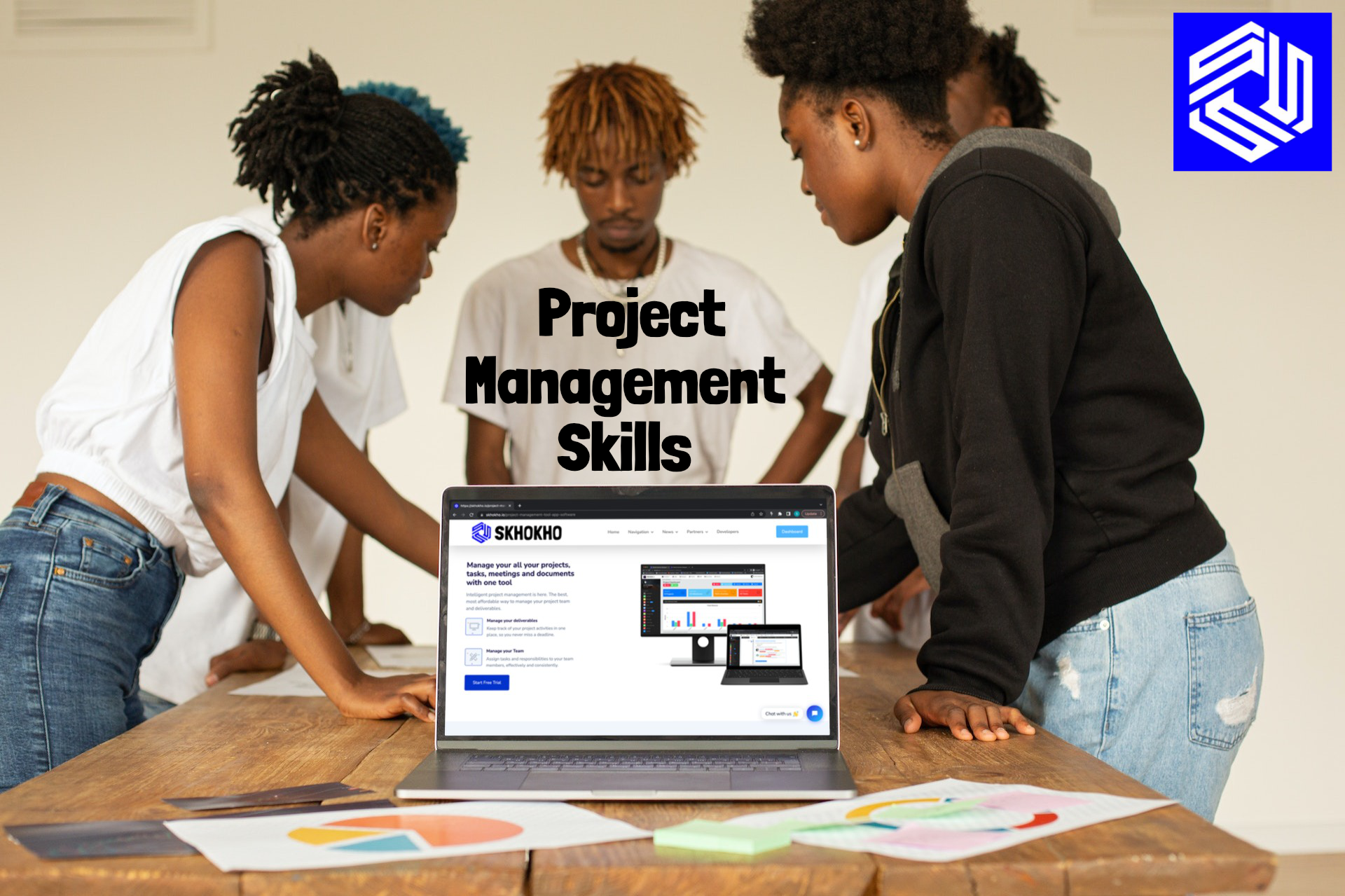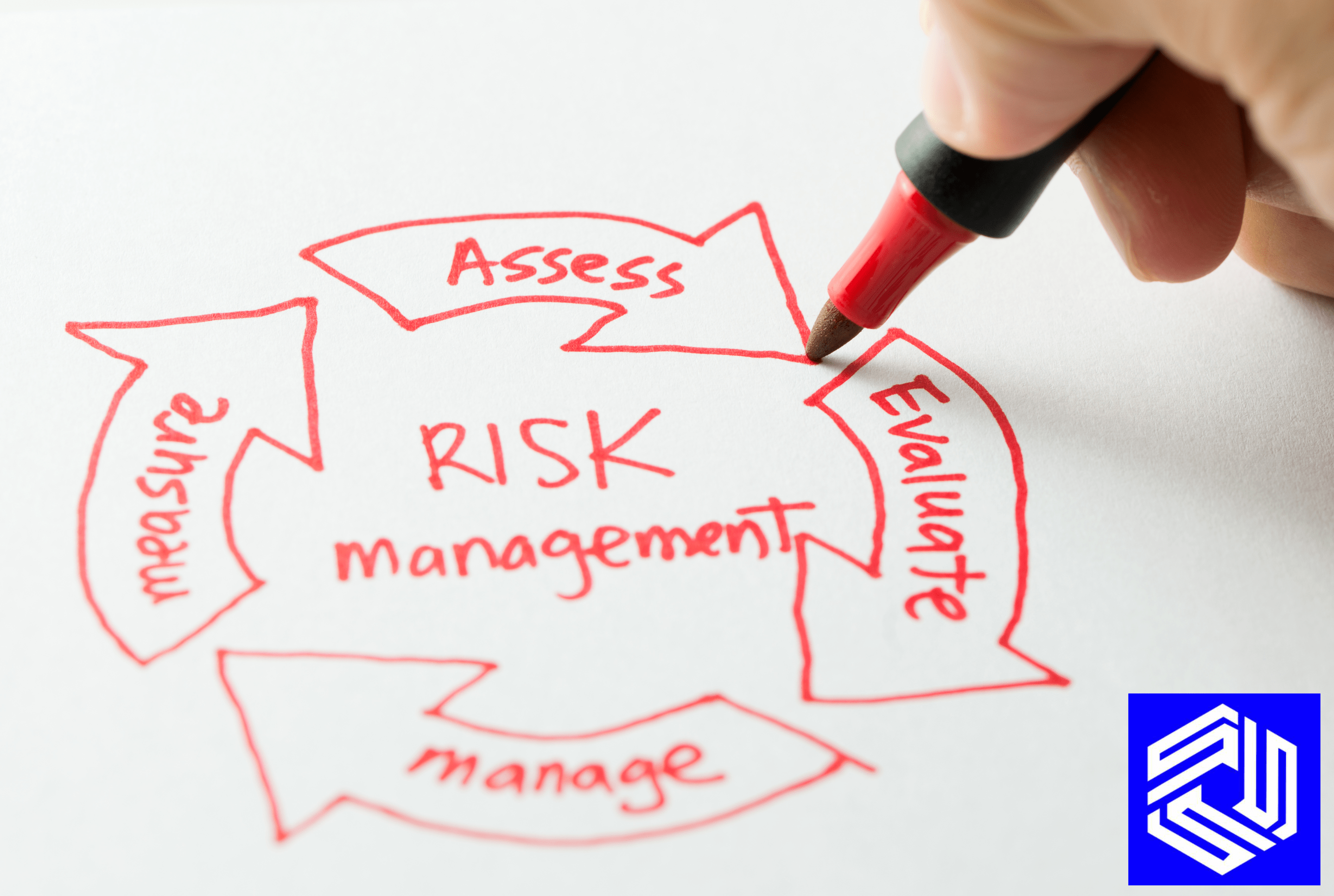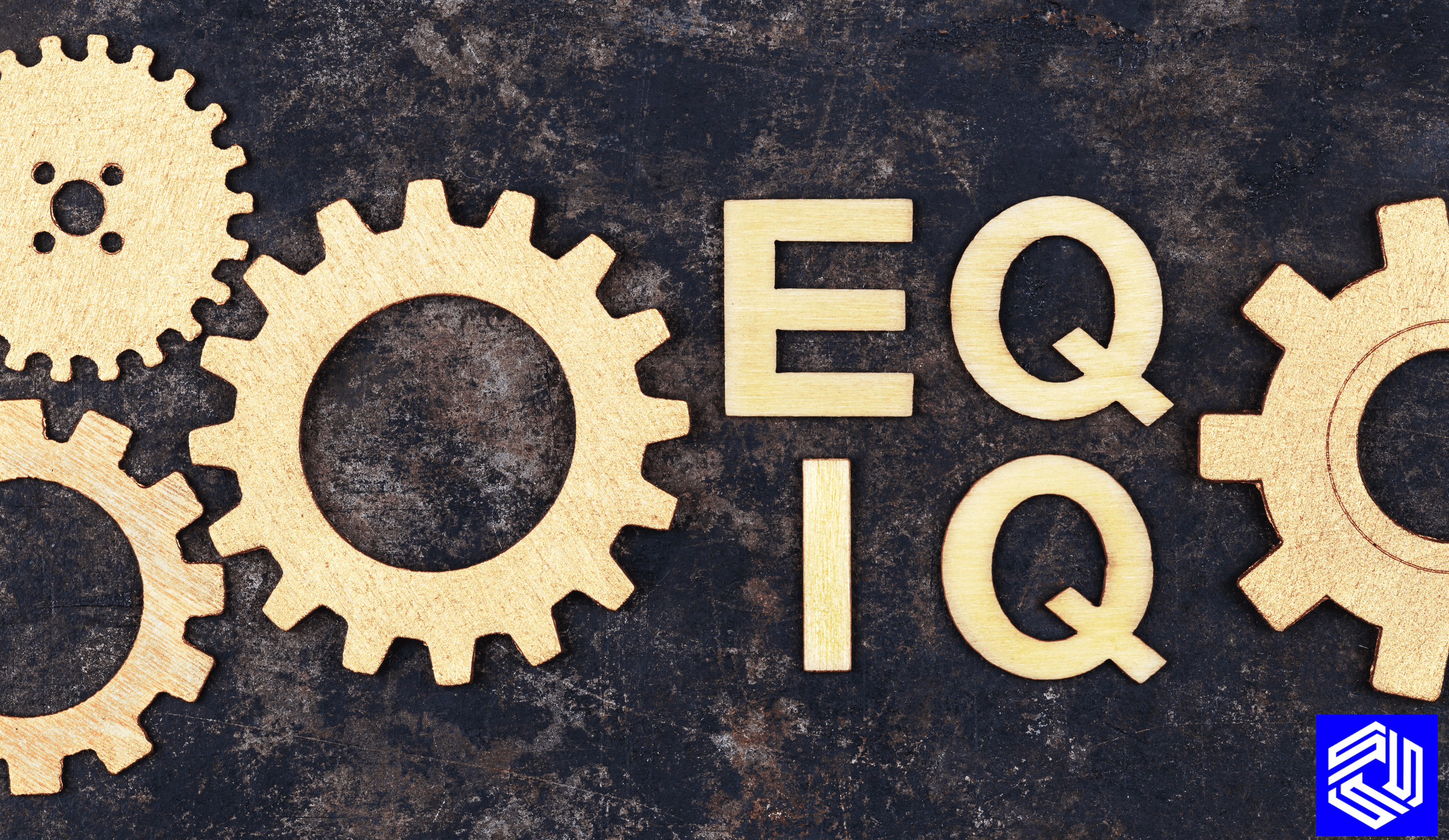10 Must Have Project Management Skills for Effective Leaders
Project management is a crucial skill set for effective leadership in any organization. Whether you're leading a project team of professionals or spearheading a new project, the ability to manage resources, timelines, and deliverables is essential to achieving your goals. However, project management is not just about delegating tasks and monitoring progress.
Effective project management requires a set of skills that go beyond technical expertise and require a combination of leadership, communication, and problem-solving abilities.

In this article, we'll explore the top project management techniques for effective leaders and discuss strategies for developing these skills to achieve success in any project.
We will focus on the following main topics:
- Brief description of project management skills
- The importance of project management skills
- 10 Project Management Skills for Effective Leaders
Brief Description of Project Management Skills
Project management skills refer to a set of competencies and abilities that enable an individual to plan, execute, and complete projects successfully. These skills include technical expertise, leadership, communication, problem-solving, budgeting, negotiation, strategic planning, quality management, and emotional intelligence. Effective project management skills are essential for ensuring that projects are completed on time, within budget, and to the required quality standards.
The Importance of Project Management Skills
The importance of project management skills cannot be overstated in today's business environment. Projects are essential for organizations to achieve their goals, and effective project management skills are necessary to ensure that these projects are completed successfully. Project management skills enable individuals to plan, execute, and complete projects on time, within budget, and to the required quality standards. Without effective project management skills, projects can become disorganised, run over budget, miss deadlines, or fail to achieve their goals. Project management skills are essential for ensuring that projects are completed efficiently, effectively, and with the desired outcomes. Ultimately, organizations that invest in essential project management skills are better equipped to achieve their goals, improve their operations, and maintain their competitive edge in the marketplace.

10 Must Have Project Management Skills for Effective Leaders
Effective project manager requires a unique set of necessary project management skills that enable individuals to plan, execute, and complete projects successfully. In this section, we will explore ten key project management skills that effective leaders should possess to manage projects effectively. We will examine each skill in detail and highlight why it is essential for effective project management. Whether you are a successful project manager, team leader, or just someone looking to improve your project management skills, this blog will provide valuable insights and guidance to help you achieve your project management goals. So, let's dive in!
#1 Communication Skills
Effective communication is an essential component of successful project management. Project managers must be able to communicate clearly and effectively with all stakeholders involved in a project, including team members, clients, and vendors. They must be able to articulate project goals, set expectations, and provide regular updates on progress. Effective communication also involves active listening, asking clarifying questions, and ensuring that everyone involved understands their roles and responsibilities. Poor communication can lead to misunderstandings, delays, and mistakes, all of which can derail a project and cause frustration for everyone involved.
To communicate effectively, and become successful project managers can:
- Invest in training and development programs that focus on effective communication techniques.
- Practice active listening, asking questions, and clarifying expectations to ensure that everyone is on the same page.
- Set regular check-ins and status updates to keep all stakeholders informed of progress and changes to the project.

#2 Time Management Skills
Project managers must be able to manage time effectively to ensure that projects are completed on time and within budget. They must be able to prioritize tasks, set realistic timelines and deadlines, and ensure that everyone involved understands the time constraints involved. Effective time management involves the ability to delegate tasks, track progress, and adjust timelines and deadlines as necessary. Poor time management can lead to missed deadlines, rushed deliverables, and increased costs.
To improve time management skills, project managers can:
- Use project management tools and software to track progress and manage deadlines.
- Establish clear timelines and deadlines for each task and ensure that everyone involved understands the time constraints involved.
- Delegate tasks effectively to ensure that team members have enough time to complete their work.
#3 Leadership Skills
Effective project management requires strong leadership skills. Project management professionals must be excel in team management. They must able to inspire and motivate their teams to achieve their goals. They must be able to set clear expectations, provide direction, and foster a positive work environment that encourages collaboration and creativity. Effective leaders also provide regular feedback and recognition to team members to help them stay motivated and engaged.
To improve leadership skills, project managers can:
- Attend leadership development programs and training courses to learn effective leadership techniques.
- Lead by example and demonstrate the behaviors and attitudes they want to see in their team members.
- Foster a positive work environment by encouraging collaboration, recognizing achievements, and providing regular feedback.
#4 Risk Management Skills
Skills for project managers include the ability to identify, assess, and manage project risks to ensure that they do not derail the project. Effective risk management involves identifying potential risks, assessing their likelihood and impact, and developing mitigation strategies to reduce the risks. Project managers must be proactive in identifying risks and developing contingency plans to mitigate them.
To improve risk management skills, project managers can:
- Use risk management tools and techniques to identify potential risks and assess their likelihood and impact.
- Develop contingency plans and mitigation strategies to reduce the risks.
- Foster a culture of risk management by encouraging team members to identify and report potential risks.

#5 Problem-Solving Skills
Effective project management requires strong problem-solving skills. Another project manager's job must be able to identify problems quickly and develop effective solutions. They must be able to do critical thinking, analyze information, and develop innovative solutions to complex problems. Effective problem-solving also involves collaborating with team members and stakeholders to identify the root cause of problems and develop solutions that meet everyone's needs.
To improve problem-solving skills, project managers can:
- Attend problem-solving workshops and training courses to learn effective problem-solving techniques.
- Encourage team members to contribute to problem-solving efforts and provide opportunities for collaboration and brainstorming.
- Analyze past projects to identify areas for improvement and develop strategies to address recurring problems.
#6 Budgeting Skills
Project managers must have cost management skills to ensure that projects are completed within budget constraints. Effective budget management involves setting realistic budgets, tracking expenses, and making adjustments as necessary. Project managers must also be able to identify areas where cost savings can be made without sacrificing project quality.
To improve budgeting skills, project managers can:
- Use project management software such as Skhokho to track expenses and manage budgets. Skhokho is considered to be one of the best project management tools available. for more information on how to utilise this software, click here.
- Work closely with finance and accounting teams to ensure that budgets are realistic and accurate.
- Analyze expenses regularly to identify areas where cost savings can be made.
#7 Negotiation Skills
Project managers must be able to negotiate effectively to ensure that projects are completed on time and within budget. Effective negotiation involves understanding the needs and motivations of all stakeholders involved in a project, identifying areas where compromises can be made, and developing win-win solutions that meet everyone's needs.
To improve negotiation skills, project managers can:
- Attend negotiation training courses and workshops to learn effective negotiation techniques.
- Practice active listening and empathy to understand the needs and motivations of all stakeholders involved in a project.
- Develop win-win solutions that meet everyone's needs.
#8 Strategic Project Planning Skills
Project managers must be able to develop and implement strategic plans that align with organizational goals and objectives. Effective strategic planning involves understanding the big picture, identifying key objectives and milestones, and developing a plan to achieve them.
To improve strategic planning skills, project managers can:
- Work closely with senior management to understand organizational goals and objectives.
- Use strategic planning tools and techniques to identify key objectives and develop a plan to achieve them.
- Regularly review and adjust strategic plans to ensure that they remain aligned with organizational goals and objectives.

#9 Quality Management Skills
Project managers must be able to ensure that project deliverables meet the highest quality standards. Effective quality management involves identifying quality standards, developing quality control processes, and regularly monitoring project deliverables to ensure that they meet these standards.
To improve quality management skills, project managers can:
- Identify quality standards and ensure that team members understand and adhere to them.
- Develop quality control processes and tools to monitor project deliverables and ensure that they meet quality standards.
- Regularly review and adjust quality control processes to ensure that they remain effective.
#10 Emotional Intelligence Skills
Project managers must be able to manage their emotions and understand the emotions of others to build effective relationships with team members and stakeholders. Effective emotional intelligence involves self-awareness, self-regulation, empathy, social and interpersonal skills.
To improve emotional intelligence skills, project managers can:
- Attend emotional intelligence training courses and workshops to learn effective emotional intelligence techniques.
- Practice self-awareness, self-regulation, empathy, and social skills in their interactions with team members and stakeholders.
- Regularly reflect on their emotions and behaviors to identify areas for improvement.

Final Thoughts
In conclusion, effective project management requires a combination of technical expertise, leadership, communication, problem-solving, and emotional intelligence skills. Project managers who possess these skills are better equipped to manage projects successfully and achieve their goals. By investing in training and development programs, considering to attend a project management institute, practicing active listening and collaboration, and regularly reviewing and adjusting processes, leaders can develop project management skills that are highly in demand they need to become effective leaders and achieve success in any project.









